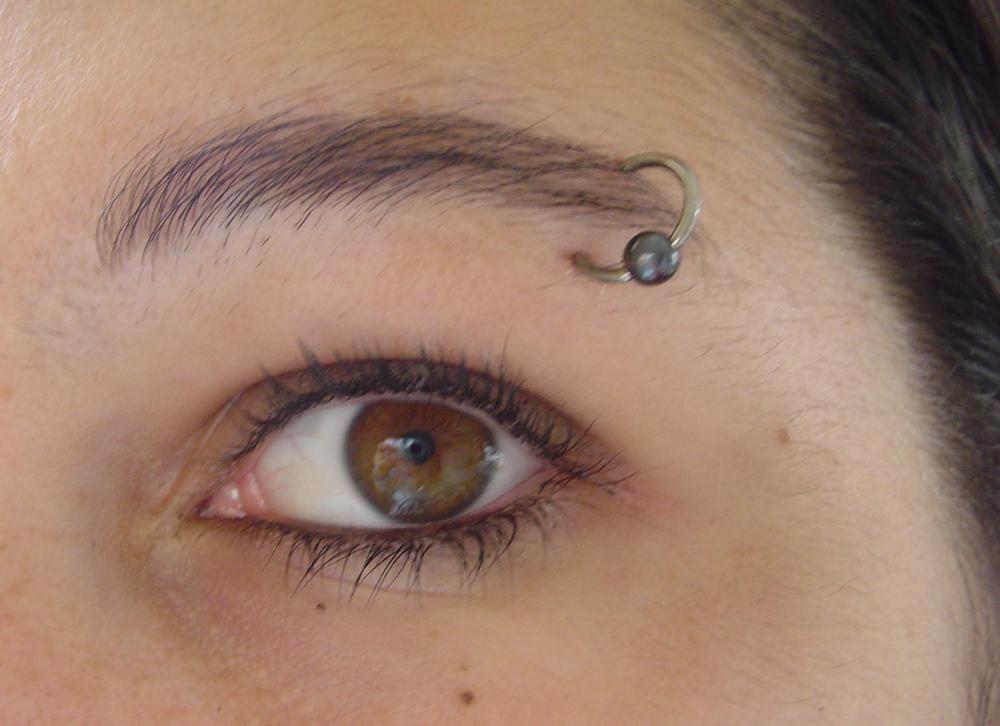At WiseGEEK, we're committed to delivering accurate, trustworthy information. Our expert-authored content is rigorously fact-checked and sourced from credible authorities. Discover how we uphold the highest standards in providing you with reliable knowledge.
What is Hepatitis G?
Hepatitis G virus (HGV), also known as GB virus-C (GBC), is a benign virus that infects humans, but has not been proven to cause disease. Although the virus lives in the blood, and is genetically similar to hepatitis C, there is no indication that it results in liver damage like other types of hepatitis. It was first discovered in 1995, and is believed to infect between two and five percent of people worldwide.
Hepatitis G is known to cause persistent infection in 15 to 30 percent of adults for as long as nine years. Many times infected persons will not be aware that they carry the virus, because symptoms are non-existent. It is commonly found in co-infections with other viruses, such as hepatitis C and human immunodeficiency virus (HIV). In fact, more than one third of people infected with HIV are also infected with hepatitis G.

The hepatitis G virus is transmitted through blood. Sharing personal care items such as razors and toothbrushes infected with the virus can spread the disease, as well as sexual intercourse, from mother to child at birth, intravenous drug use, or other blood to blood contact. The virus cannot be contracted through saliva, semen, or any other bodily fluids other than blood.

Some people are at higher risk for contracting hepatitis G than others. Hemodialysis patients, users of injected drugs, and health care workers exposed to blood on a regular basis, are at the highest risk for becoming infected with the virus. Anyone who receives a tattoo, acupuncture, or a body piercing is at medium risk, if the tools being used are not properly sterilized.

Because hepatitis G was so recently discovered, there is no cure or recommended treatment. There is research being performed on the virus currently, but little is known aside from the fact that it doesn’t seem to cause liver damage. Individual response to the virus will vary, and so will treatment options. However, getting enough rest, eating a balanced diet, and avoiding alcohol and other liver irritants are all recommended for sufferers of hepatitis G.
Hepatitis G does seem promising for HIV sufferers, according to several recent laboratory studies. It appears that patients infected with both HIV and hepatitis G live longer than patients infected with HIV alone. Scientists believe that the virus prevents HIV from replicating as frequently, thus extending the life of the patient by inhibiting damage to the immune system.
AS FEATURED ON:
AS FEATURED ON:













Discussion Comments
@ddljohn-- I don't think it's so simple. Hepatitis G is still a Hepatitis virus, whether it actually does damage or not.
I'm not an expert but I think that Hepatitis G might become active in the future and start causing damage. Or maybe it already is causing damage in ways we don't know about yet.
Hepatitis A also stays in acute mode, or inactive mode and doesn't directly cause illness either. But if you carry a virus, there is always a risk that it might become chronic or active later on.
Plus, Hepatitis G is rarely found by itself, it's usually found with another Hepatitis virus, either A, B, or C and we know that Hepatitis B and C can be dangerous.
So, to sum it up, it would not be right to infect HIV/AIDS patients with Hepatitis G. Scientist need to do much more research and studies on the interaction of the two.
I received a Hepatitis C shot when I was young. My family and I were about to visit my grandfather who carried the Hepatitis C virus. He had kidney failure and probably picked up the virus during one of his blood transfusions at the hospital. He had to have it done two or three times a week.
My mom was worried about us picking it up while we stayed with him for a couple of weeks so we all got the Hepatitis C shot.
Is there a shot for Hepatitis G as well? I realize that Hepatitis G is not really a problem and doesn't cause illness or death. So maybe it would be unnecessary to get a shot for it.
I am very surprised that Hepatitis G is actually beneficial to HIV patients. I had the impression that all viruses are bad and will damage our body in one way or another. It's pretty amazing to hear about a virus that not only doesn't harm human health, but actually has some benefits for us.
When I read this, the first thought that actually came to mind is whether intentionally infecting HIV positive individuals with Hepatitis G would be good. If it really slows down the virus and works to strengthen their immune system, why not?
I'm sure that people with friends and family who have HIV and AIDS would want them to be around longer. And if Hepatitis G has no negative health effects, whatsoever, it's like a golden ticket.
Post your comments